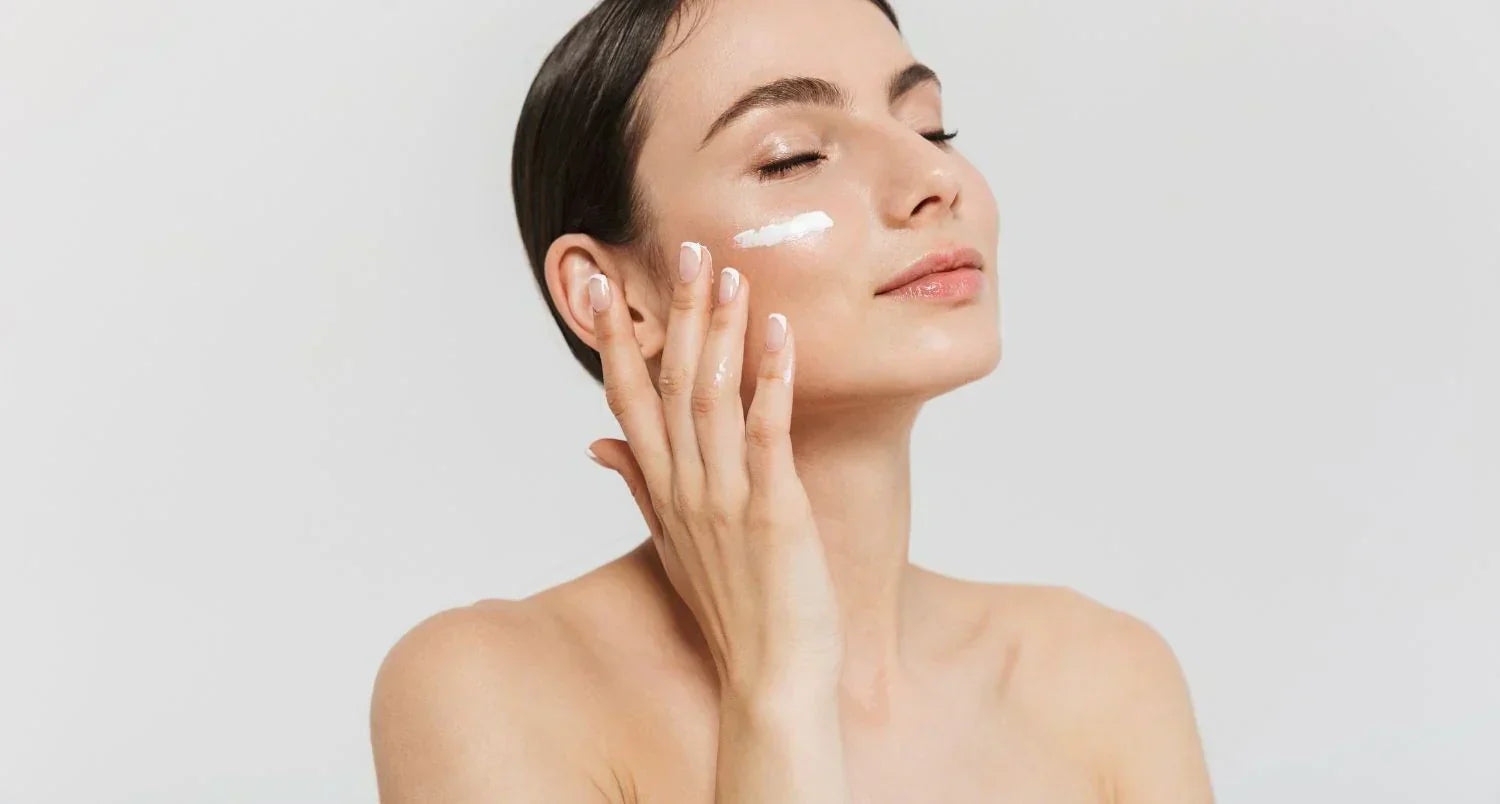
WHAT IS THE DIFFERENCE BETWEEN COLLAGEN, GELATIN AND COLLAGEN HYDROLYSATE?
Collagen, gelatin, and hydrolysed collagen are terms that often pop up in beauty and wellness conversations. They’re praised for their positive effects on health, but are they just different names for the same thing, or are there substantial differences between them? Let’s break it down.

Collagen vs Gelatin: What’s the Difference?
What Is Collagen?
Collagen is a vital protein naturally produced by the body. It acts as a structural building block for bones, skin, hair, muscles, tendons, and ligaments, making up about 25–35% of the body’s total protein content.
As we age, collagen levels decline, which can lead to wrinkles, reduced skin elasticity, and joint pain. Because of its rejuvenating effects on the skin, collagen is a popular ingredient in beauty products and dietary supplements.
What Is Gelatin?
Gelatin is derived from animal connective tissues, primarily from pigs and cows. It is essentially cooked and partially hydrolysed collagen.
While similar to collagen, gelatin has unique benefits, especially for digestion and joint health. Gelatin can coat the lining of the gut, supporting digestive health, and it’s thought to improve joint elasticity and lubrication.
What Is Hydrolysed Collagen?
Hydrolysed collagen is derived from collagen and falls under the category of food products. It undergoes enzymatic hydrolysis, breaking the protein into smaller peptides, making it water-soluble and easier for the body to absorb.
Hydrolysed collagen is commonly found in beauty products like creams, masks, and serums. However, most topical collagen stays on the skin’s surface, helping retain moisture and giving the appearance of smoother, younger skin. Its true potential lies in dietary supplements, which allow the collagen peptides to be absorbed more deeply into the body for enhanced benefits.

Key Differences: Origin and Molecular Structure
The main differences between collagen, gelatin, and hydrolysed collagen lie in their origin and molecular structure:
- Collagen: Naturally produced by the body; a structural protein supporting skin, bones, and connective tissues.
- Gelatin: A cooked, processed form of collagen; beneficial for digestion and joints.
- Hydrolysed Collagen: Enzymatically broken down for easier absorption; ideal for dietary supplements and cosmetic products.
While they share similarities, their benefits vary. Gelatin is best known for its digestive and joint health benefits, whereas collagen plays a crucial role in the skin and connective tissue’s overall structure and appearance.
How to Choose the Right Product
When deciding between collagen, gelatin, and hydrolysed collagen, your specific goals are key:
- Gelatin is a great choice for improving digestion and joint flexibility.
- Collagen supplements are ideal if your focus is on skin health, hair strength, and connective tissue support.
- Hydrolysed collagen offers versatility, with benefits for both beauty and overall wellness, thanks to its high absorbability.
Bears with Benefits: Bootylicious Shape Vitamins and Born This Way Youth Vitamins contain highly effective, patented VERISOL® collagen peptides. According to studies, these lead to an effective reduction of cellulite and contribute to a firmer and smoother appearing skin texture.
Conclusion: Collagen for Holistic Health
In summary, collagen, gelatin, and hydrolysed collagen are closely related but distinct. Each offers unique benefits and is suited to different needs. Whether you’re looking for glowing skin, flexible joints, or improved digestion, understanding their differences will help you make informed choices and maximise the benefits of collagen for holistic health.
Make collagen your ally on the journey to better wellness!

NUTRITIONAL SCIENTIST
Nassim Jamalzadeh
Nutritionist Nassim completed her Master's degree in Nutrition & Biomedicine at the Technical University of Munich and is an expert in nutritional medicine and food law.
OUR BEAR VITAMINS
For your skin
For your skin


